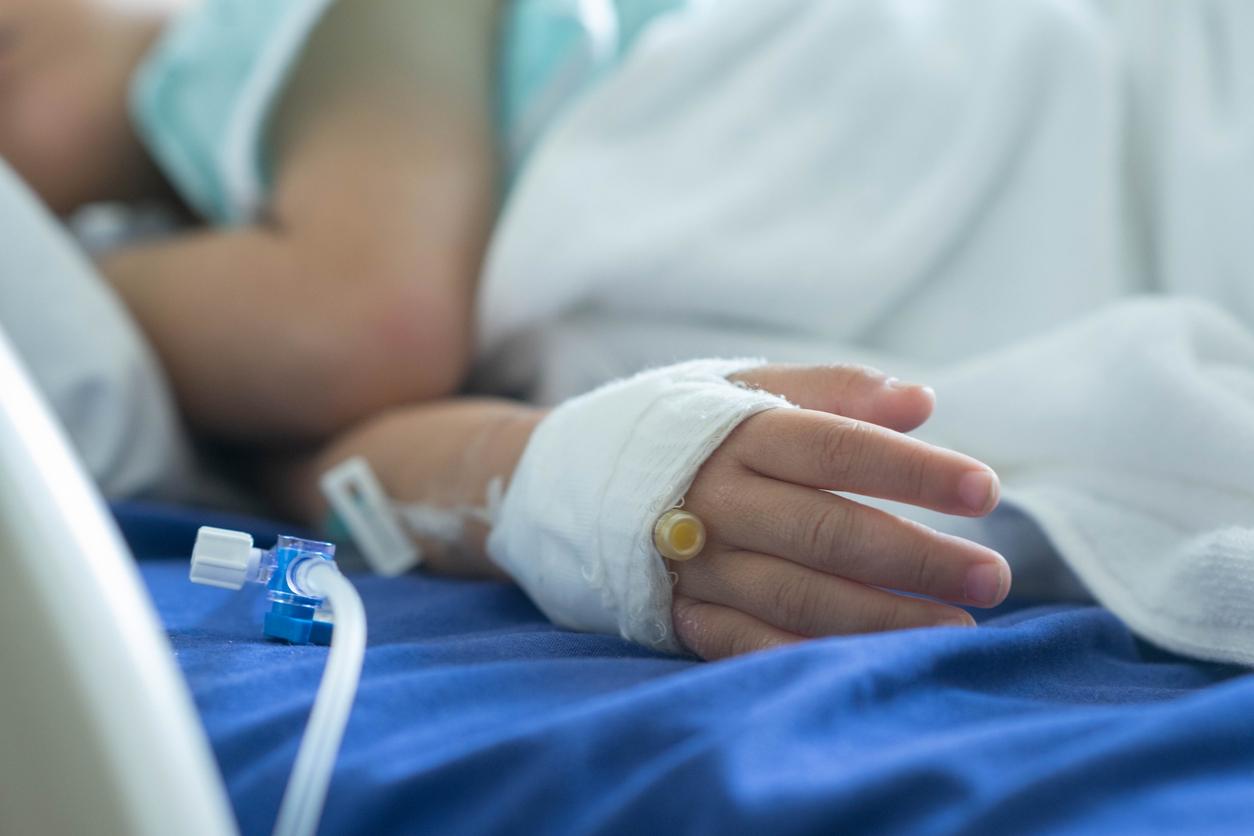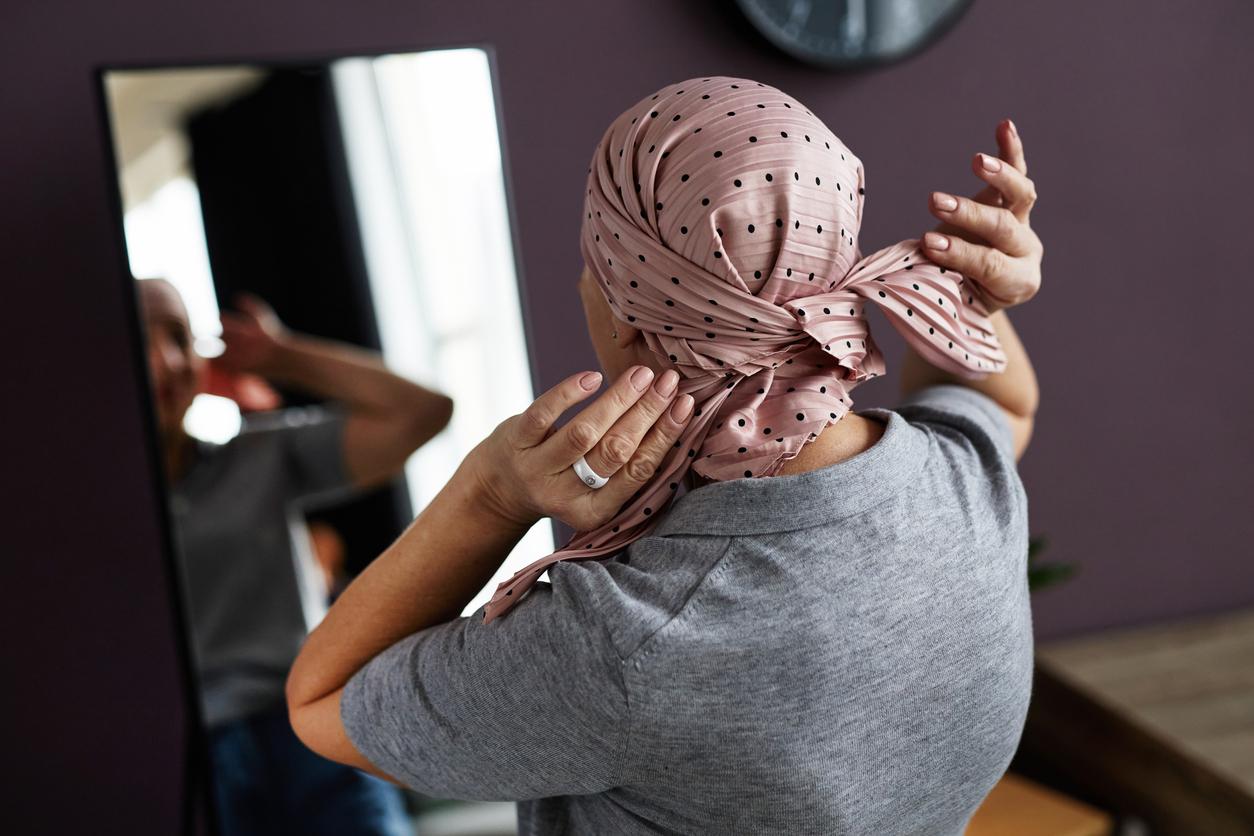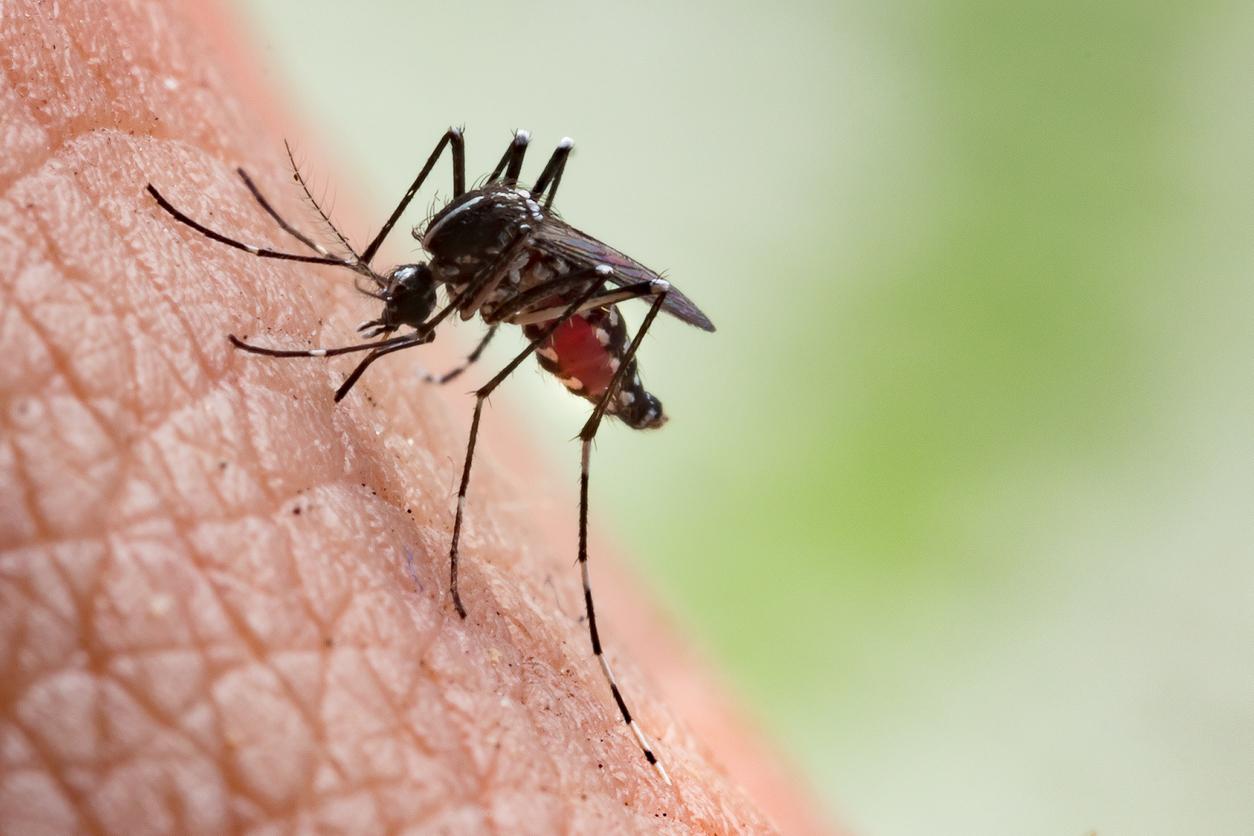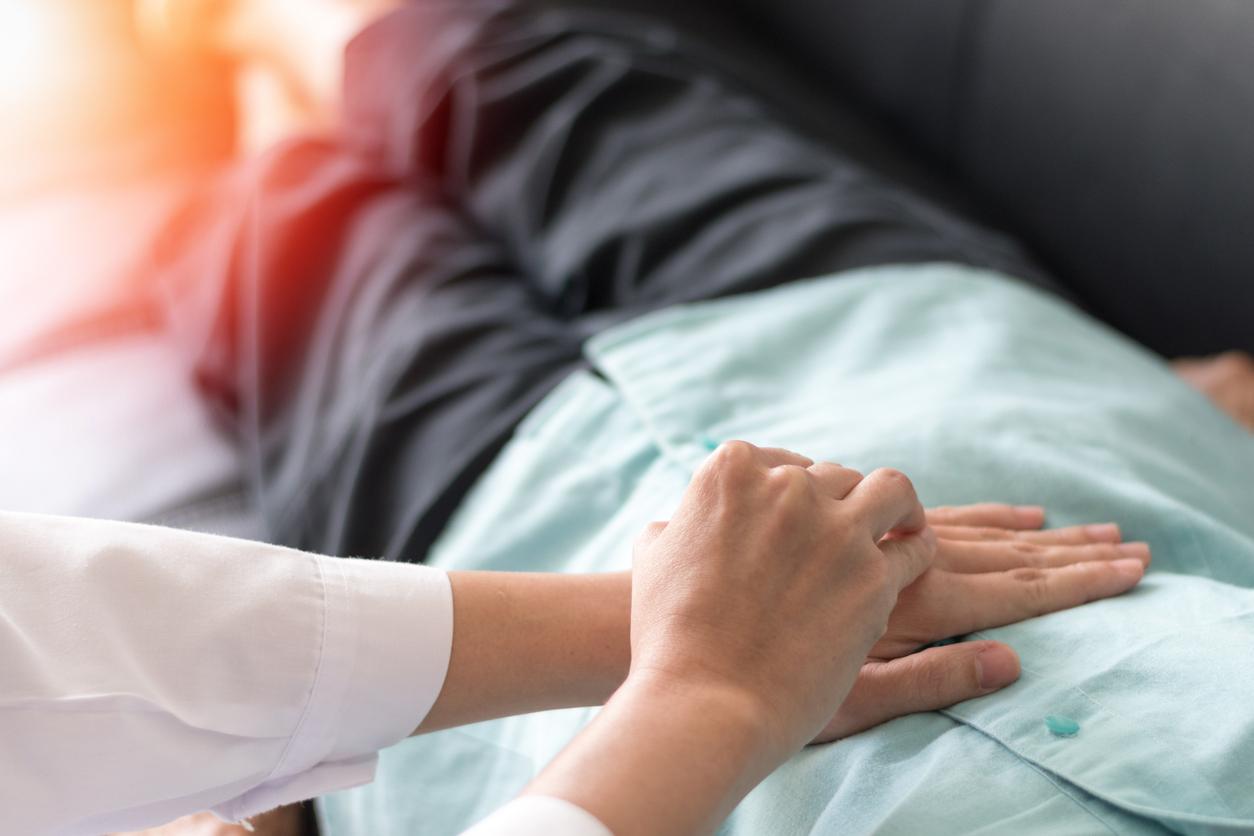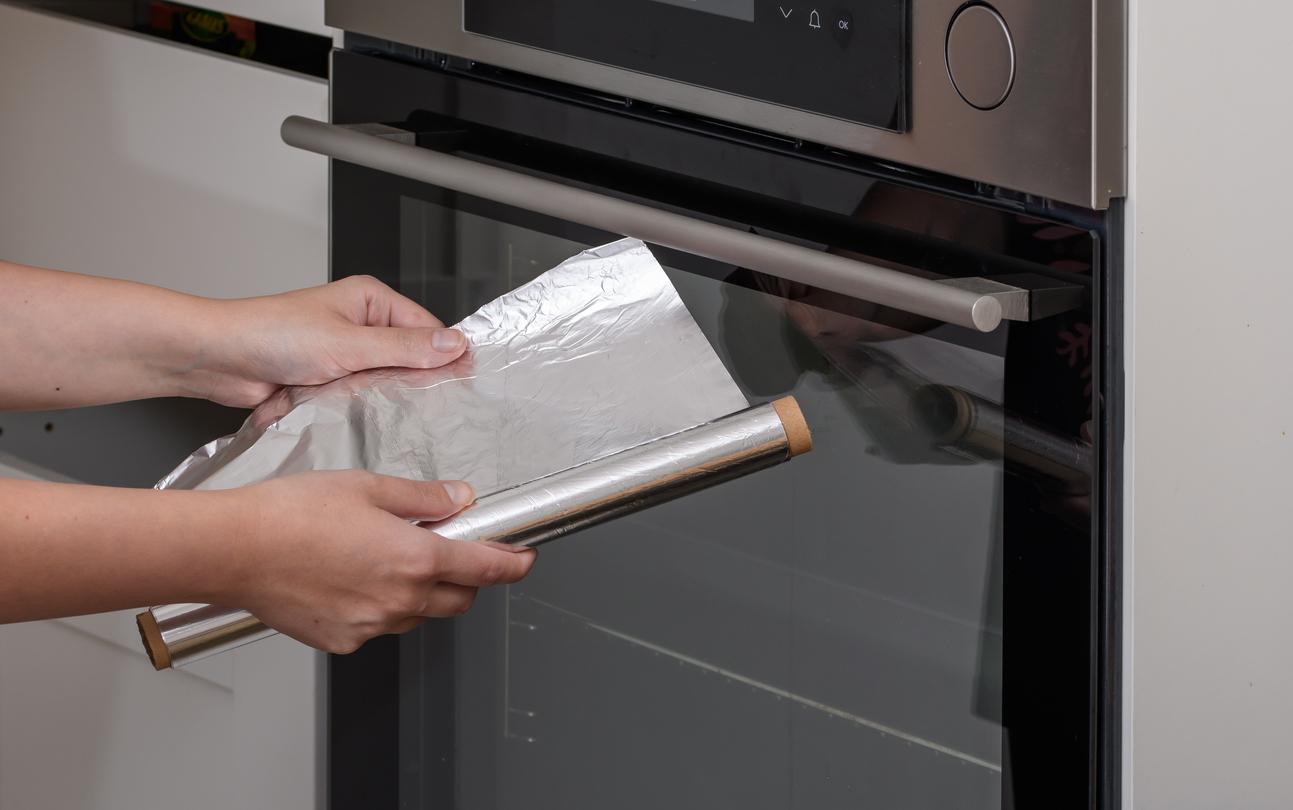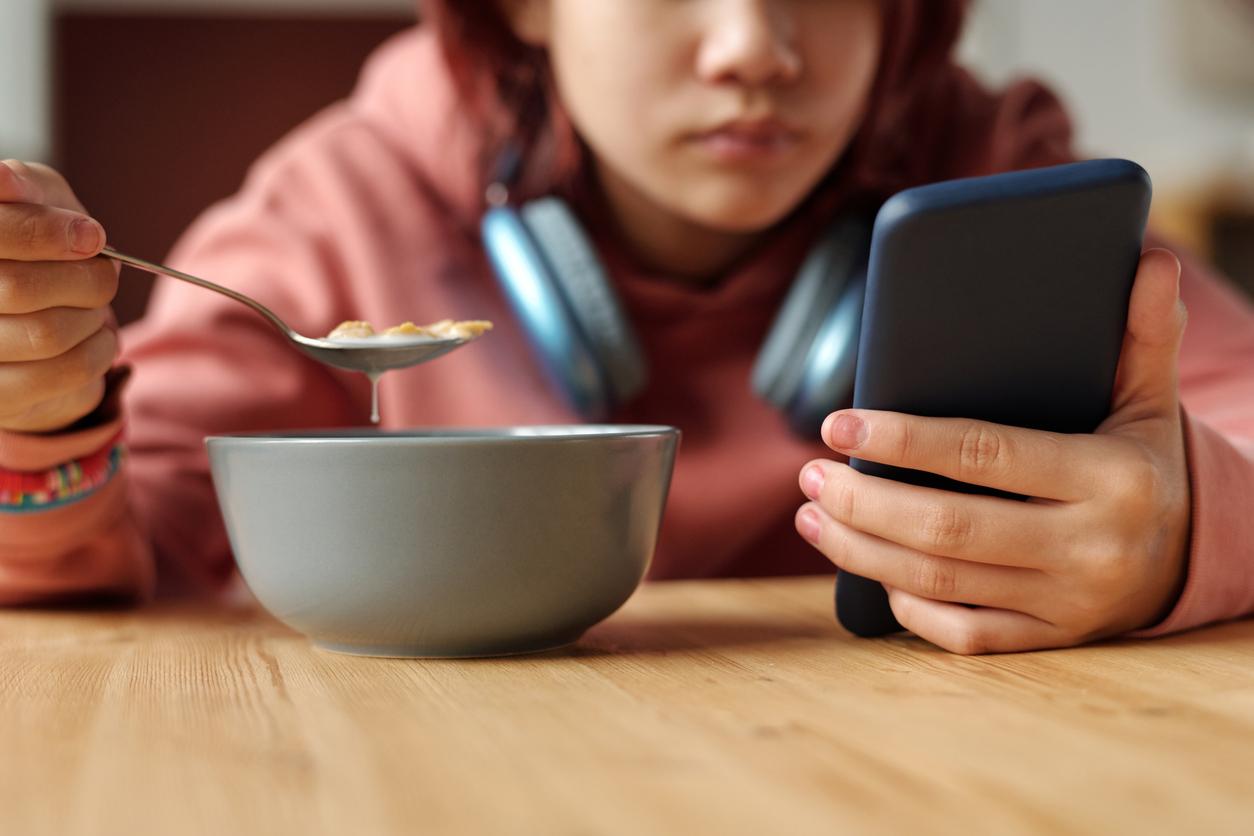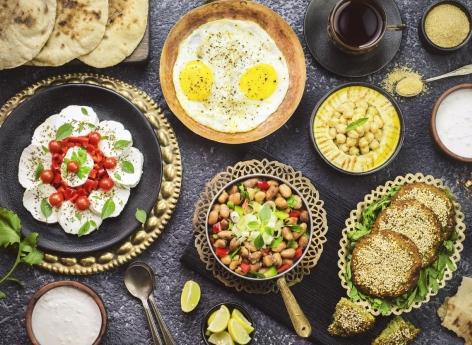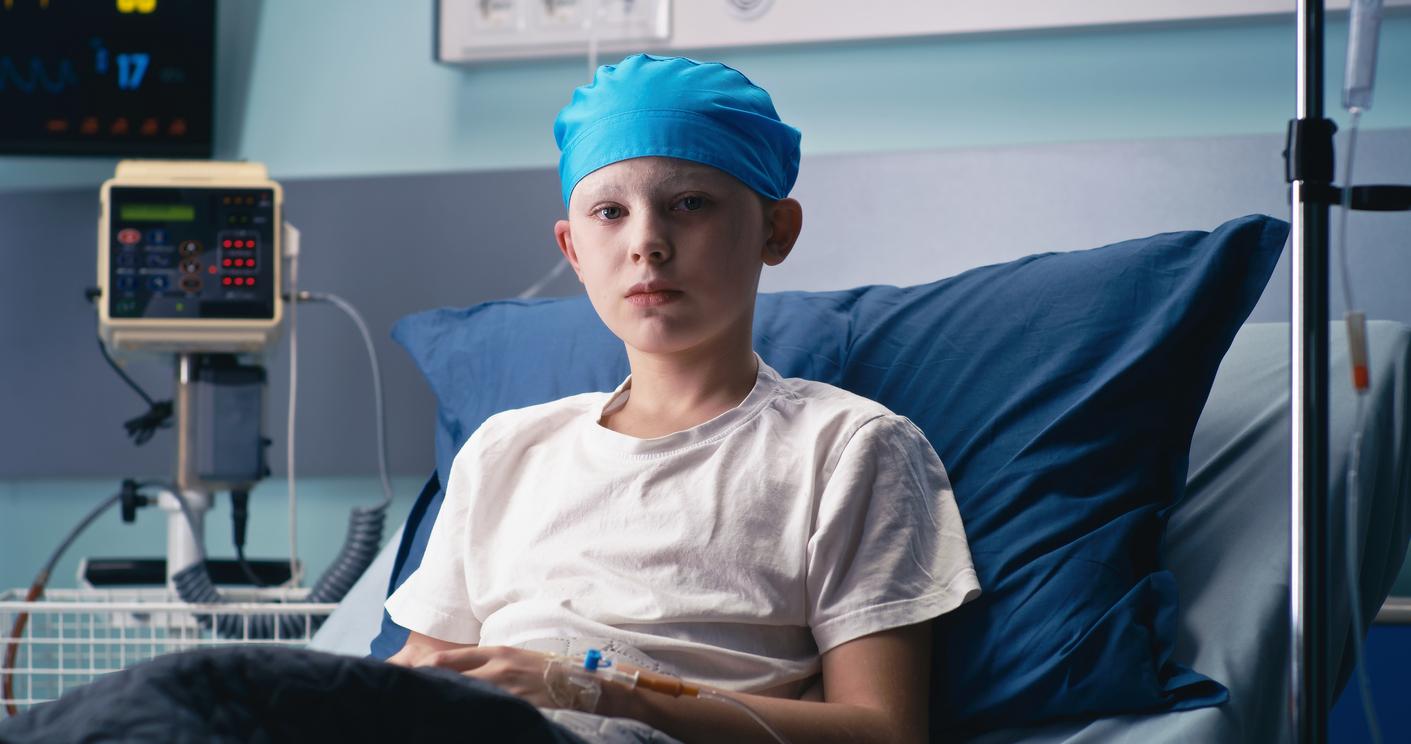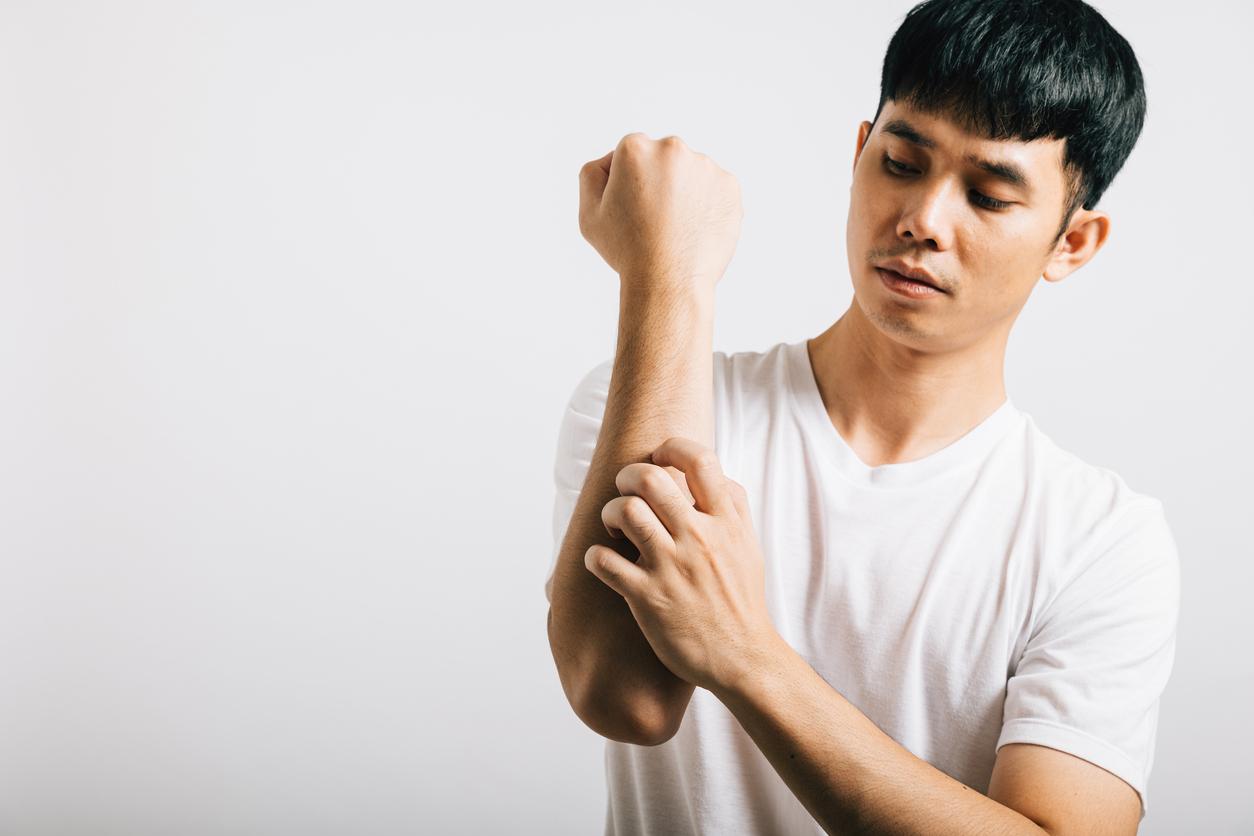Diet plays an important role in the management of cancer. But what is its real place? Answers with Dr Damien Vansteene, medical oncologist in Saint-Herblain (Western Cancer Institute).
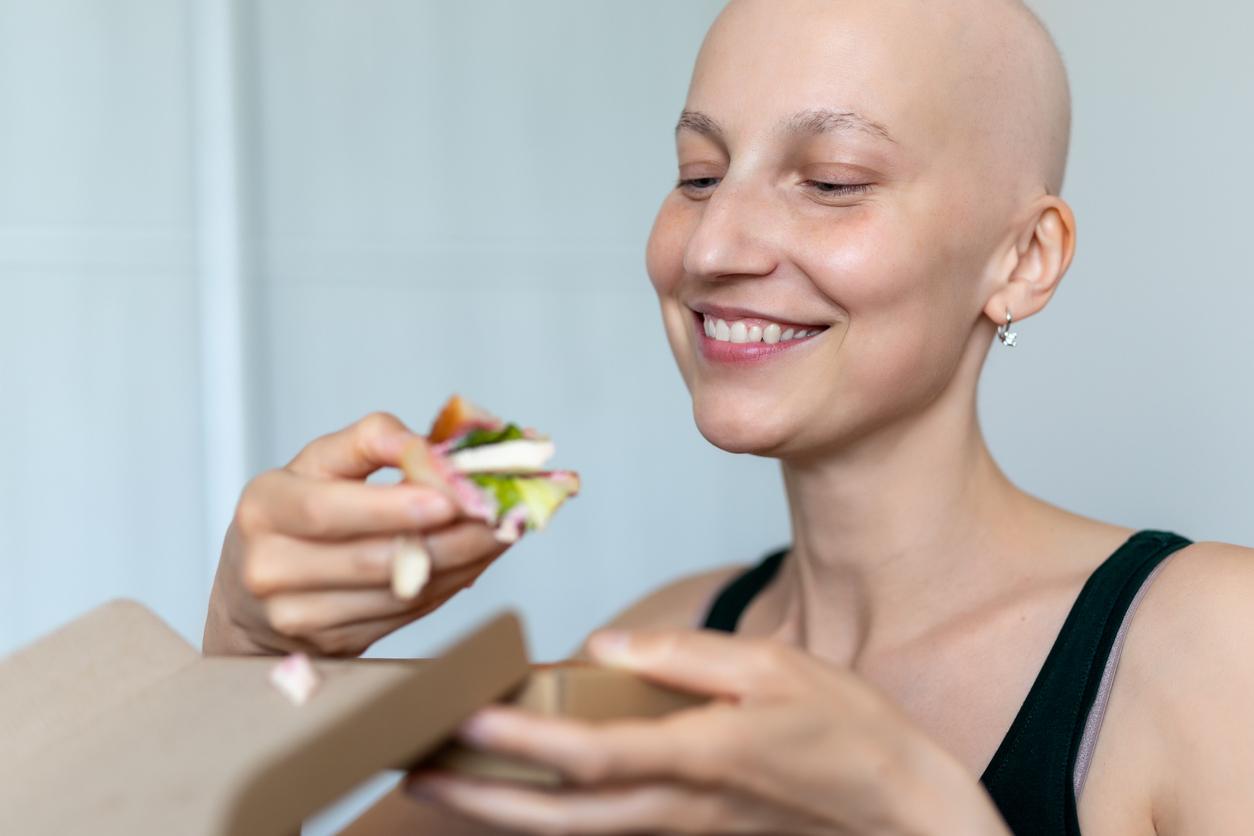
Why Doctor: What are the relationships between diet and cancer?
Dr Damien Vansteene: Diet already plays an important role in cancer prevention. It is estimated, in France, that 40% of cancers could be avoided and that an unbalanced diet is responsible for around 5.4% of these, as with obesity, overweight and a sedentary lifestyle.
Recommendations from the National Nutrition and Health Plan (PNNS) “Eat move” help prevent cardiovascular diseases but also reduce the risk of developing cancer.
When cancer is present, there is a risk of malnutrition (nutritional intake is insufficient to cover needs). In fact, this happens in around 40% of people with cancer. It depends on the type and stage of cancer (the more advanced the disease, the greater the risk of malnutrition).
“Do not put too much pressure on the sick person who already has difficulty eating”
What is the place of diet in the overall treatment of cancer?
You should know that the PNNS only applies to healthy people. Indeed, in a person who has cancer, there is what is called hypercatabolism, that is to say that part of the nutrients will be consumed by the tumor. There may also be difficulty eating due to nausea, difficulty swallowing depending on the location of the tumor, a distaste for food, fatigue, etc. This is why when you have cancer your nutritional intake must be sufficient, for quality of life but also to support treatments and avoid complications. And the role of caregivers is very important to avoid this malnutrition. However, as they will want to please the sick person and help them with their care, it is necessary that they do not put too much pressure on the person who already has difficulty eating.
What foods should you choose during treatment? And once the treatment is finished?
During treatment, there should be no food bans, and take “whatever you need” and “whatever pleases you”. The important thing is to limit weight loss. We will therefore favor fatty, sweet and salty foods. The opposite of the PNNS!
After illness, everything depends on the situation. Indeed, for certain cancers, we will follow the PNNS recommendations but for others not.
Are there specificities depending on the type of cancer and chemotherapy?
There are specificities for certain cancers. For example, after breast cancer, it is advisable to limit weight gain because otherwise there is a greater risk of relapse. For ENT or esophageal cancers, there may be blockages, problems with swallowing and passing food, so the recommendations are different.
In relation to chemotherapy, there may be drug interactions with green tea, grapefruit, St. John’s wort, which we therefore do not recommend. And it also depends on the toxicity of the chemotherapy: whether it makes you feel nauseous or not.
Regarding immunotherapy treatments, some studies show that a fiber-enriched intake is necessary.
We therefore need advice adapted according to the type of cancer and the type of treatment.
During chemotherapy, nausea and vomiting often prevents you from eating, what advice do you give?
The first piece of advice is to talk to your oncologist because there is now a very broad therapeutic arsenal that allows you to no longer have nausea and vomiting during chemotherapy. And if there are any, you should avoid odorous dishes and eat in the room where the dish was prepared because of the odors.
It is better to eat cold or at room temperature, or even to have sorbets or ice creams, or to eat in small quantities (in small quantities and very regularly during the day), and neutral dishes (not too fatty, nor too salty, neither too sweet, nor sour or spicy).
“There should be no food bans when you have cancer”
What about specific vegetarian or vegan diets? Are they rather not recommended?
The vegan diet induces numerous deficiencies requiring supplementation (vitamins, etc.) even in healthy people, so it is not very suitable for people with cancer.
The vegetarian diet has some prohibitions so it can be complicated when you already have difficulty eating. Especially since you need greater nutritional intake when you have cancer.
Concerning therapeutic fasting or ketogenic diet (carbohydrates are removed and replaced by lipids and proteins), there is no scientific proof of its effectiveness, in prevention or during cancer.
It is necessary not to have any food restrictions when you have cancer so it is preferable not to follow this type of diet.
And alcohol?
There is no therapeutic virtue of alcohol of course.
It depends on the quantity and frequency, desires and the festive context or not. It is possible to consume it but in moderation and not excessively and daily.
Is there a place for food supplements?
Two things must be distinguished:
– Oral nutritional supplements which are dietetic foods intended for specific medical purposes and provided on medical prescription to compensate for a lack of calories and proteins.
– And food supplements which are minerals or vitamins, generally in the form of capsules, and over the counter.
However, it is preferable to have a medical prescription, not to take and mix anything and everything and to talk to your doctor or oncologist so that there is no interaction with the treatments.
But if you have a balanced diet, there is no need to take these food supplements.
What about micronutrition?
Patients often ask the question but there is no conclusive data on the role of micronutrition so I do not recommend it.
“We must assess the nutritional status at each moment of the illness, simply by weighing the person and comparing previous figures”
Is it absolutely necessary to accurately assess the patient’s nutritional status before giving advice?
Nutritional status must be assessed at each time of the illness, simply by weighing the person and comparing previous figures.
We then evaluate using a visual analog scale from 0 to 10 how much she eats (from 0 “I eat nothing at all” to 10 “what she ate before”).
Muscle wasting will also be estimated: does the person have difficulty walking, climbing stairs, carrying heavy loads, getting up from a chair, etc.?
And based on this, we will see if it is necessary to go further in the tests.
Depending on weight loss and muscle wasting (sarcopenia), we will give advice on enriching or splitting meals, or go as far as medical prescriptions (oral nutritional supplements or via a probe or infusion).
Dietary and nutritional care is part of supportive care. What other treatments of this type do you recommend in this case?
These include, for example, pain management, social and psychological pain management, and the implementation of appropriate physical activities.
-To find out more, discover the interview in our show “ Questions for the experts »:



